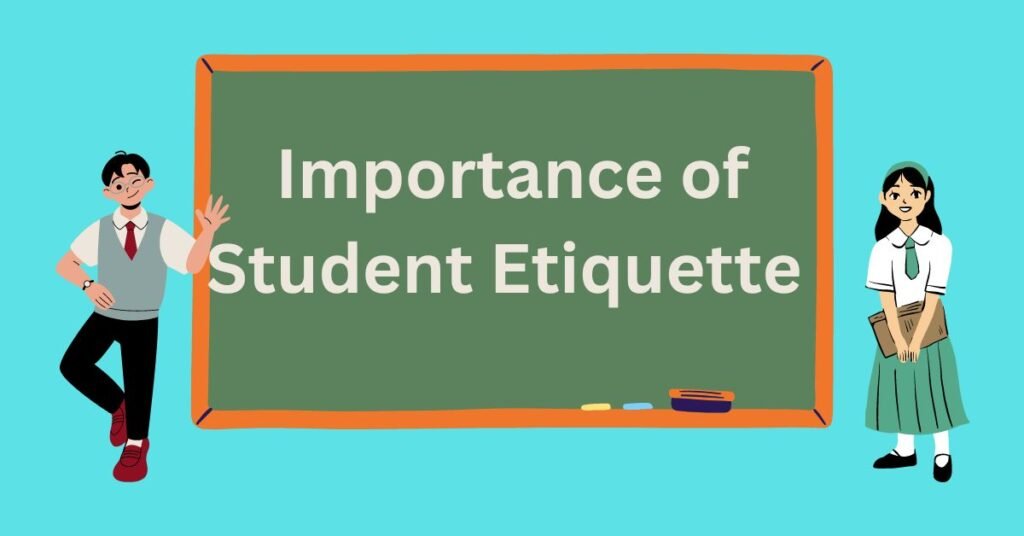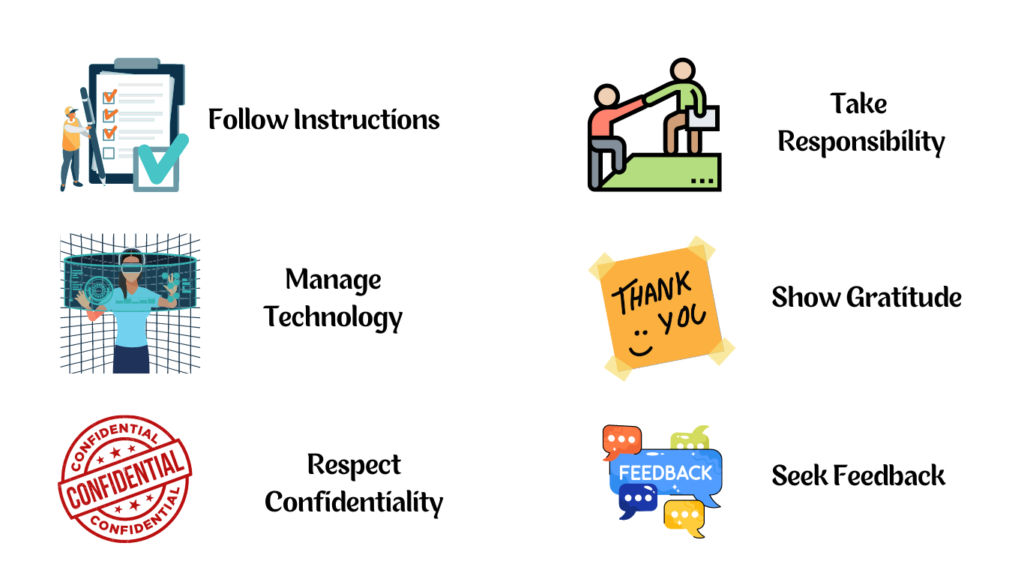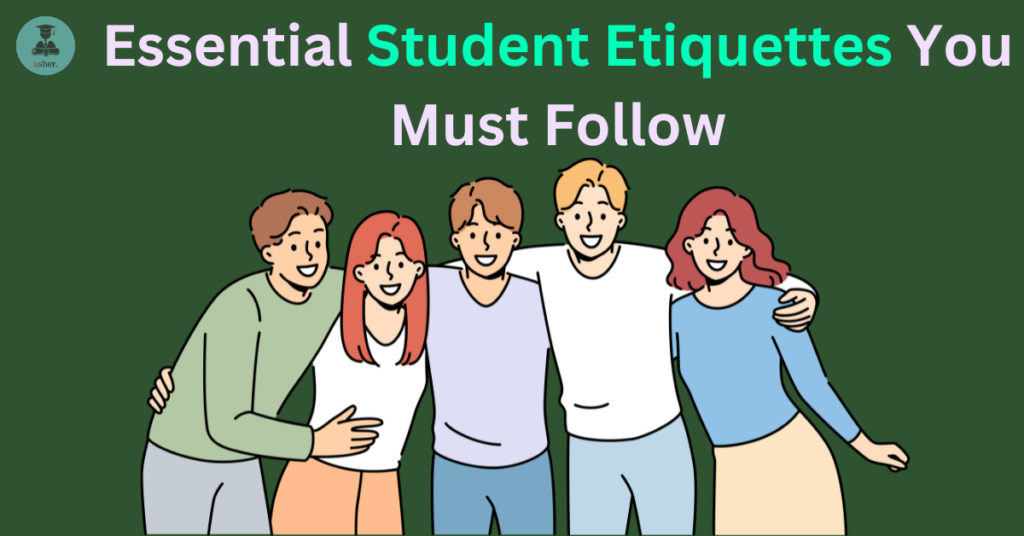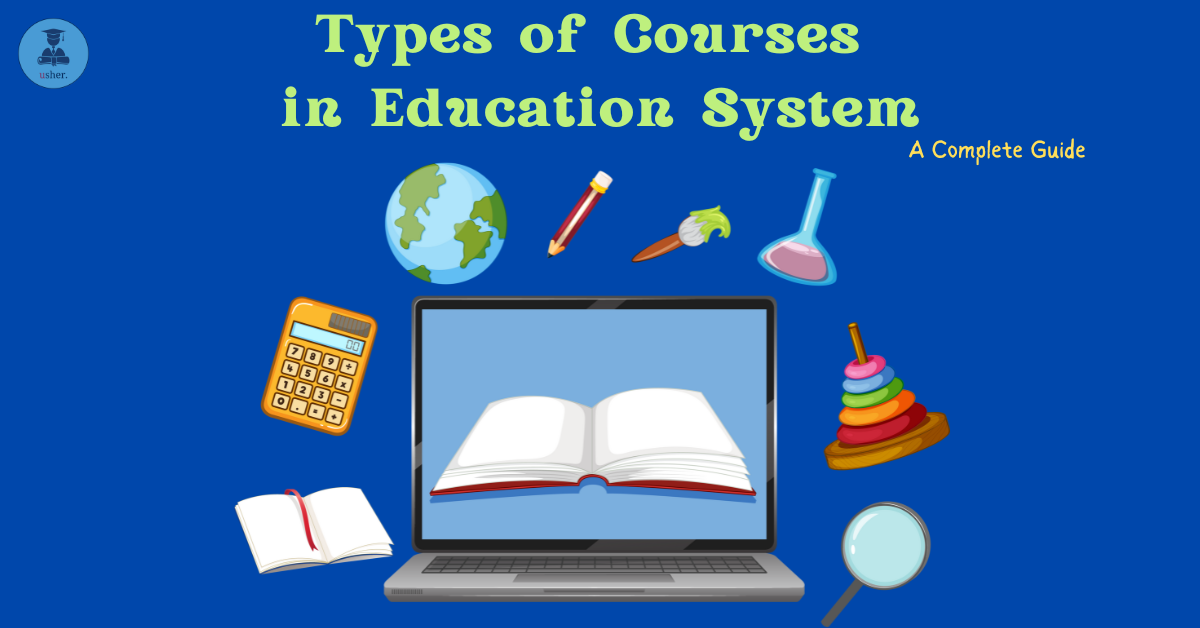What is the meaning of etiquette?
Etiquette refers to the customary code of polite behavior in society or among a particular group. It encompasses rules of conduct, courtesy, and respect that govern interactions between individuals.
In simple words, etiquette means demonstrating good manners and showing consideration for others in social situations. It involves being mindful of how one’s actions may affect others and making an effort to be polite and respectful in all interactions.
Is Etiquette and Manners the same?
Etiquette and manners are related, but they are not exactly the same.
Here’s the difference:
Etiquette
- Definition: Etiquette refers to the set of rules or guidelines about how to behave in a particular social situation or environment. It’s often more formal and specific to different contexts, such as classroom etiquette, dining etiquette, or workplace etiquette.
- Focus: Etiquette focuses on “social rules” and expectations in different situations. These rules may change depending on culture, location, or event. For example, proper etiquette for a business meeting might include shaking hands and exchanging business cards, while dining etiquette could involve knowing how to use utensils correctly.
- Examples:
- Raising your hand to speak in class.
- Addressing a teacher respectfully.
- Saying “please” and “thank you” in formal settings.
Manners
- Definition: Manners are more general behaviors that reflect a person’s respect, kindness, and consideration for others. They are based on showing respect and politeness in daily interactions.
- Focus: Manners are about “common courtesy” and thoughtfulness toward others. They are often universal and apply in most social situations, regardless of the specific setting.
- Examples:
- Holding the door open for someone.
- Saying “excuse me” if you bump into someone.
- Chewing with your mouth closed while eating.
Key Difference
- Etiquette is context-specific and can vary depending on culture or situation.
- Manners are more about showing basic respect and politeness in everyday interactions and tend to be consistent across different settings.
In short, etiquette is a set of rules about how to behave in certain situations, while manners are about showing respect and kindness to others in general. Both help in creating positive social interactions, but etiquette is more structured, while manners are more about individual behavior.
What is the meaning of student etiquette?
Student etiquette, also known as student manners, refer to the specific rules of behavior and conduct that students are expected to follow in educational settings.
This includes aspects such as being punctual, respecting teachers and peers, participating actively in class, and maintaining a positive attitude towards learning.
It is important for students to understand and practice good etiquette in order to create a positive and respectful learning environment.
Also read: 27 Simple and Effective Study Techniques

Importance of student etiquette
Having good manners and etiquette is important for students, as it plays a crucial role in shaping behavior, the overall learning environment, and the social dynamics within educational settings. Let us look at some of the reasons why student etiquette is essential in educational settings.
1)Promotes respectful interaction
Etiquette guides you on how to interact respectfully with peers, teachers, staff, and other members of the educational community. By adhering to etiquette norms, you can learn to communicate effectively, listen attentively, and demonstrate consideration for others’ perspectives and feelings.
2)Creates a positive learning environment
When you practice good etiquette, it stimulates a positive atmosphere, which is best for learning and collaboration. Respectful behavior in classrooms, study groups, and extracurricular activities cultivates an environment where everyone feels valued and comfortable expressing themselves.
3)Prepares you for professional settings
Learning and practicing etiquette in your student years prepares you for success in your future professional endeavors. Whether in academia or the workplace, knowing how to conduct oneself professionally, including proper communication, punctuality, and teamwork, is essential for career advancement.
4)Enhances personal development
Etiquette encompasses more than just manners; it includes self-discipline, responsibility, and social awareness. By adhering to etiquette guidelines, you can develop essential life skills that contribute to your character growth and personality development.
5) Reduces conflicts and misunderstandings
Clear etiquette norms help prevent conflicts and misunderstandings by establishing expectations for behavior and communication. When everyone follows the same set of guidelines, it reduces the likelihood of friction and promotes harmony within the academic community.
6)Builds a positive reputation
Demonstrating good etiquette reflects positively on students and contributes to building a favorable reputation among peers, teachers, and administrators. A reputation for courtesy, reliability, and professionalism opens doors to opportunities and enriches your academic journey.
In summary, student etiquette is not only about adhering to rules; rather, it is about cultivating an environment that values respect, collaboration, and integrity within educational settings. It is possible to establish a solid foundation for success in both your academic and personal lives by embracing and practicing proper etiquette. This will pave the way for a bright and hopeful future.
List of Student Etiquette Norms at School
Student etiquette in academic and professional settings is crucial for success and for making a positive impression. Here are some guidelines or norms that you can follow to excel in your academics and career:
– Be punctual
You must arrive on time for classes, meetings, appointments, and other commitments. Being punctual shows respect for others’ time and demonstrates responsibility. It shows that you are responsible enough to value other people’s time.
– Dress appropriately
You must dress in a manner that is appropriate for the academic or professional setting. Follow any dress code guidelines provided by your school or workplace.
– Respect others
Make sure to treat classmates, teachers, professors, colleagues, and staff with respect and courtesy. Listen actively, avoid interrupting others, and be mindful of their perspectives and opinions.
– Participate actively
You must engage actively in class discussions, group activities, and collaborative projects. Contribute your ideas, ask questions, and participate constructively to enhance the learning or work experience for everyone.
– Be prepared
Come to class, meetings, and appointments prepared with any necessary materials, assignments, or information. Review relevant materials beforehand to ensure you can contribute effectively.
– Communicate professionally
When communicating verbally or in writing, always use formal language and tone. In-person or by email or other methods, communicate with others with grace, clarity, and conciseness.
Also read: Best communication books for students
– Follow instructions
It is your responsibility to carefully read instructions and abide by any rules, regulations, or guidelines that your teacher, elders, mentors, supervisors, or instructors may offer. Pay close attention to details and ask questions when necessary.
– Manage technology use
Always use technology responsibly and appropriately in academic and professional settings. Avoid distractions such as texting, social media, or browsing unrelated websites during class, meetings, or presentations.
– Respect confidentiality
You must maintain confidentiality and respect the privacy of others, especially when discussing sensitive or personal information. Avoid sharing confidential or proprietary information without proper authorization.
– Take responsibility
Take responsibility for your actions, decisions, and academic or professional performance. Be accountable for meeting deadlines, fulfilling commitments, and addressing any mistakes or shortcomings.
– Show gratitude
Thank your teachers, instructors, coworkers, and anybody else who has assisted or supported you in your academic or professional endeavors. Positive relationships can be developed with as little as a simple “thank you.”
– Seek feedback
Be open to feedback and constructive criticism from professors, supervisors, or peers. Use feedback as an opportunity for growth and improvement in your academic and professional endeavors.


Social media Etiquette for Students
Social media is quite popular among students of all grades. It is an interactive and very engaging tool. You can’t just post anything on social media because it might violate someone else’s privacy.
This helps us understand what manners to use to keep a positive and interesting online presence.
Here are some key points of social media etiquette for students:
Think before you post
Students, you should always consider the potential consequences of what you are about to post. Once something is on the internet, it can be difficult to remove it completely.
Show consideration
Despite your differences, always show love and respect to others. Always treat people with love and respect, regardless of your differences. Avoid arguing with or harassing people on the internet.
Defend your privacy
Take care when sharing information on the internet. Posting private facts about yourself online, such as your address, phone number, or bank account information, is not advisable.
Use appropriate language and tone
Avoid using offensive language or making inappropriate jokes or comments. Remember that your online presence reflects on you, both personally and professionally.
Cite your sources
If you are sharing information or content from another source, make sure to give credit where credit is due. Plagiarism is not only unethical but can also have serious consequences.
Consider your audience
Think about who will see your posts and tailor your content accordingly. Be mindful of how your posts may be perceived by different groups of people, including teachers, family members, and potential employers.
Respect copyrights
Be careful not to infringe on the copyrights of others when sharing content online. Only share content that you have the right to distribute or that is properly attributed to the original creator.
Consider carefully before accepting friend invites
Choose your social media connections carefully. To limit who can view your postings, only accept friend requests from people you know and trust. You might also think about changing your privacy settings.
Be mindful of timing
Avoid posting excessively or at inappropriate times, such as during class or late at night. Consider how your posts may affect others’ perceptions of you and your priorities.
Be authentic
Be yourself online and represent yourself honestly. Avoid creating fake profiles or personas, as this can lead to trust issues and damage your reputation.
Also read: Impact of Social Media on Students
How to build relationships and support fellow students in the classroom?
Balancing discipline and support in the classroom is essential for creating a positive learning environment where students feel respected, motivated, and engaged. Here are some strategies that you can use:
Establish clear expectations
You must set clear and consistent expectations for behavior, participation, and academic performance from the beginning of the school year. Make sure fellow students understand the rules and consequences for not meeting expectations.
Build relationships
Spend some time getting to know each other personally. Express interest in their goals, interests, and way of life. Developing a good rapport with respect and trust makes it simpler to deal with disciplinary concerns when they come up.
Use positive reinforcement
Try to acknowledge and praise others for their efforts, achievements, and positive behavior. Positive reinforcement can be a powerful motivator and helps students understand what is expected of them.
Offer support and guidance
Provide help or resources to your fellow students who are struggling academically. Offer guidance and counseling to students facing personal challenges or difficulties.
Use restorative practices
When conflicts or disciplinary issues arise, use restorative practices to promote accountability, empathy, and reconciliation. Focus on repairing harm and restoring relationships rather than building animosity.
Model positive behavior
Be a positive role model for your peers by demonstrating respect, empathy, and responsibility in your interactions with them and with others.
Communicate effectively
Try to keep lines of communication open with students, parents, and colleagues. Communicate expectations, concerns, and feedback clearly and respectfully.
Also read: Role of ethics in student’s life




